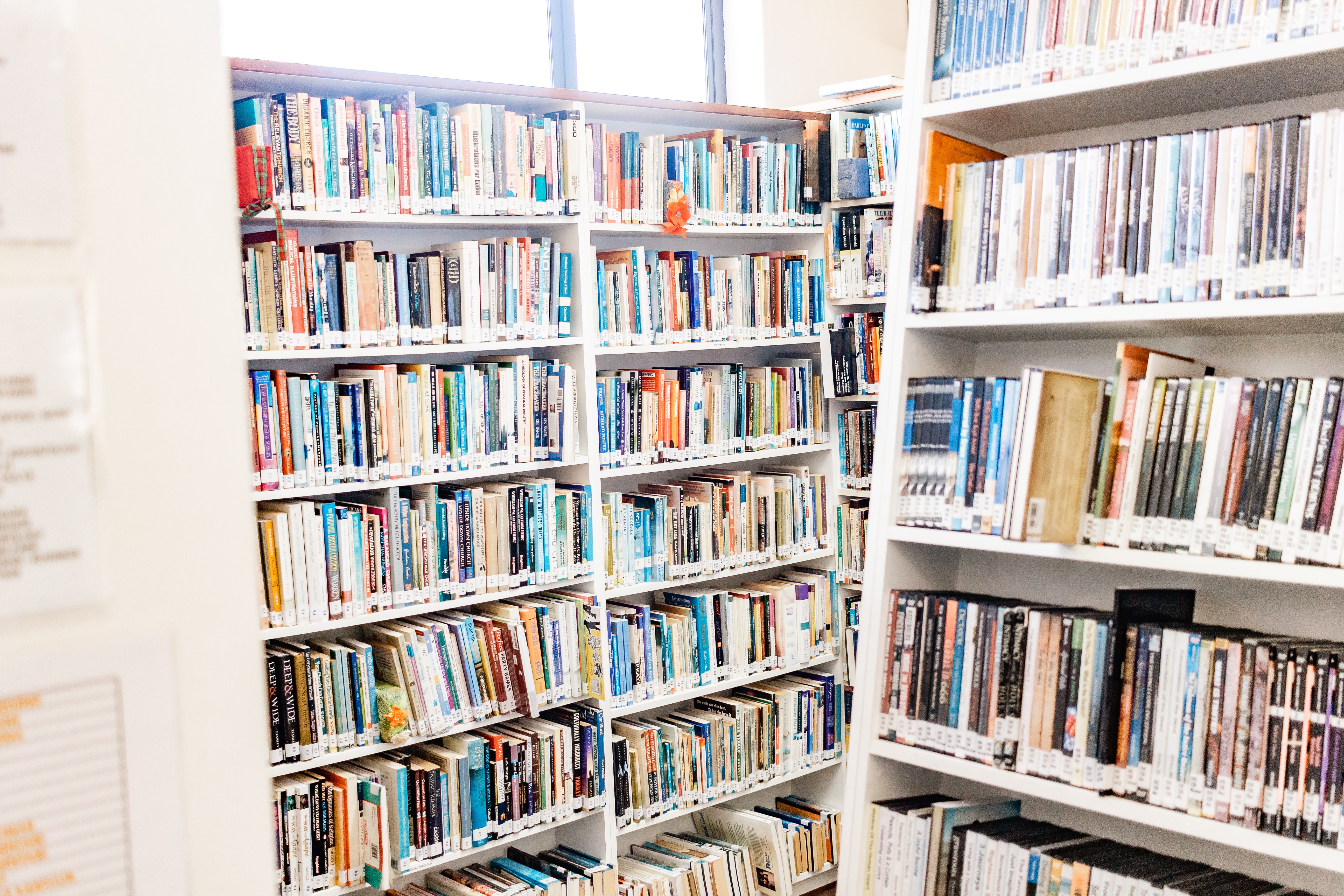Community-Engaged Teaching in COVID Times
By: Alisha Stanton, Program Manager, Office of Internationalization

When the COVID-19 pandemic confined us all to our quarantine spaces, one of the things I missed most was the freedom to explore and understand the world from my own experiences. Technology and media became important resources for finding information about what was happening globally. While technology provides access to more information, people and social media connections, it is often focused on a fraction of people and events that are happening in the whole world. Media resources can be peppered with biased perceptions and a narrow scope of what informs a story, event or even important and breaking news. The events of the last year and a half, and current events on a larger scale present a challenge to rethink what knowledge is needed to be successful navigating the world in our current times and how that knowledge is accessed and delivered.
As it becomes increasingly more important to understand the social, political and economics of other peoples and cultures, access to global and international knowledge and understanding will need to expand its boundaries to include multiple demographics of people. The media has the potential to bring this important knowledge to the attention of larger society however, there is a lack of cultural competency and diversity that needs to be addressed in fields of international and global studies and careers that excludes many demographics of people. Everyone – regardless of age, race or any other label - should have the ability to access worldly information needed to explore boundaries beyond those that have been put in front of us, and at times, determined for us, primarily those assumptions about what an individual should be or know based on historical biases and stereotypes. Understanding how big the world is, can possibly provide a better understanding of other cultures and present potential opportunities to collaborate and create solutions to some of the world’s most pressing problems. It is also an opportunity to find our authentic place in the world and possibilities of a happier life.
While I have always introduced global knowledge and international education in my teaching, I think it now should be an integral part of the way we educate in all subject areas and at all levels of learning. Throughout the pandemic, I believe that global competency has become essential to function effectively in a dynamic world that continues to produce opportunities for success and failure in all areas, every minute. The pandemic challenged many people’s mental capacity as they realized unexplained limitations in life and left many questioning what is it they need more of? It is important for student outcomes to reflect critical thinking skills, problem solving skills, and an understanding of civic and community engagement that allows them to be successful locally as well as globally. I also think it is important to recognize implicit biases and understand how to leverage them in facilitating difficult dialogues that will more than likely happen in more diverse classrooms. Facilitating the acquisition of life-long learning skills and problem-solving strategies is important as students struggle to find their identity academically, as well as in the world. The goal is not only to complete an education but to understand how that learning becomes a part of your life. Using teaching and assessment methods that stem from engaging learning pedagogies could potentially foster a social construction of self that enables students to understand their civic responsibilities and to connect to others on campus, and in local, national, and global communities. It is hopeful that students gain a larger sense of who they are and the value of their contributions within and across communities and see the community as a required component for self-identity and realization.
One of the things I still enjoy most about being an educator – regardless of the challenges we’ve had this past year and a half - is the motivation to continue to educate myself. My own well-being is centered around the philosophies mentioned in this reflection that I pass on to students, and I am constantly learning from them as well. The classroom is a community and often one of the first communities’ students learn to be a part of. It is my hope always that students will leave my classroom community with a sense of purpose that encourages them to make the world a better more peaceful place.
This reflection was completed during the 2020-2021 “Faculty Fellows: Community-Engaged Teaching in COVID Times” program. To learn about this year’s Community of Practice, please visit our website here. The program was a collaborative effort organized by the Center for Community Engagement to advance Scholarship and Learning, the University Writing Program, and the Office of Teaching and Learning and was generously supported by DU Academic Affairs.


